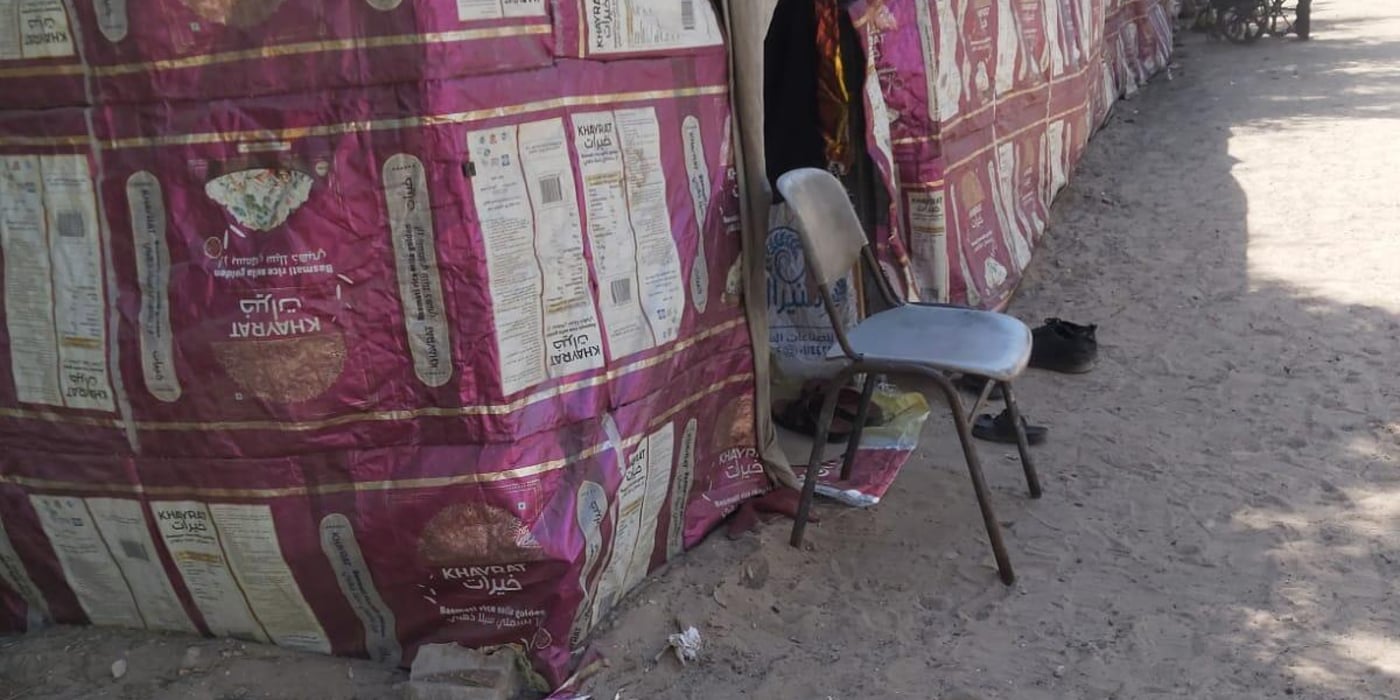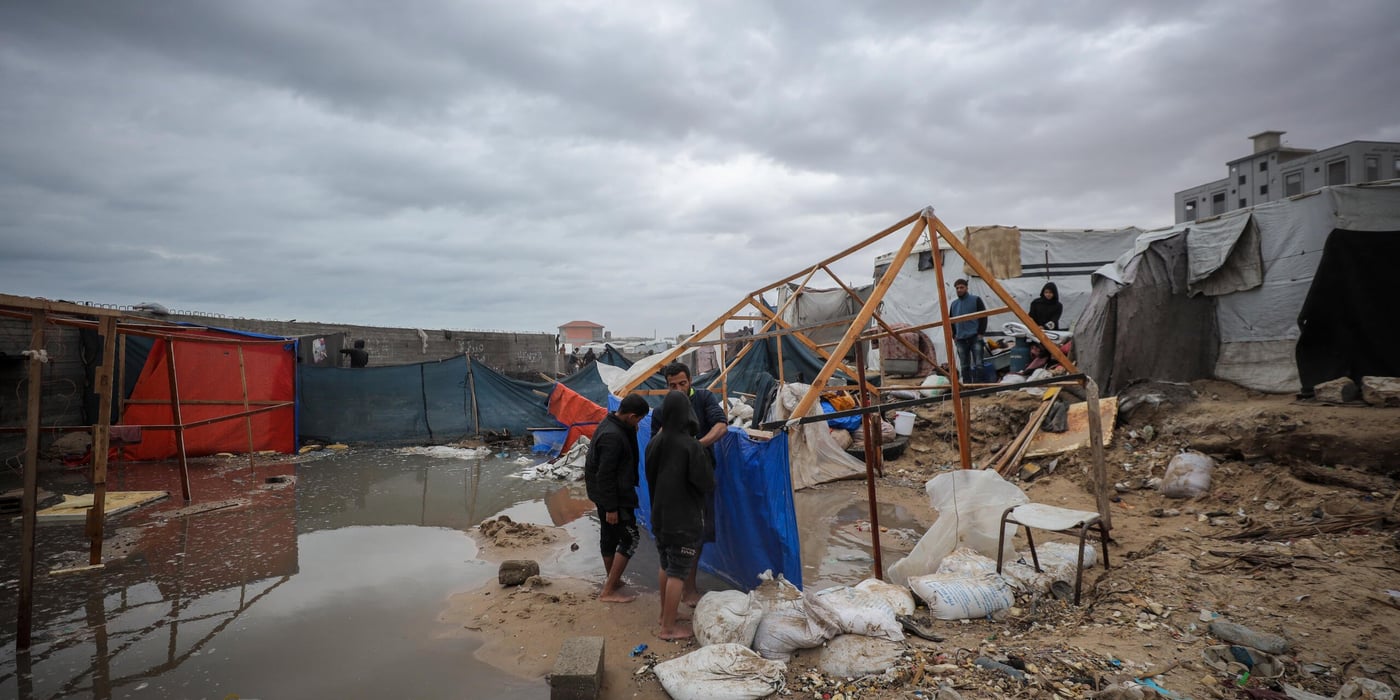
An update from Maysa Saleh, NRC’s Education Officer in Deir al-Balah, Gaza:
“We have witnessed an increase in families fleeing from Khan Younis following the latest relocation orders. Many of them spent the first night sleeping in the open, next to their belongings on the floor. Others walked very long distances, carrying their children and anything they could bring with them.
“The closure of the Rafah border crossing has damaged people’s ability to survive, everything is tightening around them. This is causing daily stress among people. The first question every morning is the same: what are we going to eat today? When you go to the camps, you see how the pain of war has etched on people’s faces. It is getting harder to provide any meaningful support.
“Almost no aid has arrived over the last week or so, and the number of commercial trucks that come through Kerem Shalom has drastically decreased. This means people remain in perpetual hardship. In my time here in Deir al-Balah, I have not seen anything that can be described as sufficient aid. It is almost non-existent.
“Food remains the number-one worry. Only last week, there were no vegetables on the market besides some aubergine, tomatoes and onions. Tinned food is diminishing in both quality and quantity. One kilogram of chicken now costs 60 ILS (around 15 USD), 30 eggs sell for 120 ILS (around 30 USD). A medium-sized box of baby milk costs 70 ILS (around 19 USD).
“There are so many dilemmas you have to deal with, the lack of electricity, food, internet, cash. Sometimes we have water twice a week, sometimes once every two weeks. Tents have also virtually run out. The other day, I saw a tent made out of empty fabric rice sacks sewn together. It is shocking how people now have to innovate their way to survival.
“There are so many children scattered around the streets, you walk around and see children living there because that’s their home now. We worry that they have a future full of deprivation. They have been harmed and damaged, both physically and psychologically. We hear children asking, ‘why are we displaced?’, ‘Are we all going to get killed?’
“The scale of suffering makes you feel guilty that you are still alive. Your loved ones and relatives are in an everyday struggle to survive. This war has presented us with the most painful choices. We try to tell people that we still have plenty of strength and resilience left in us and that we need to use that to help the children cope. When you make people feel there is someone who listens to and shares the pain with them, it makes them feel comfortable.”
Latest updates from NRC teams in Gaza:
- Following the Israeli military’s relocation orders on 1 July, around 250,000 individuals are reported to have fled Khan Younis, mainly to overcrowded western areas and Deir al-Balah. These orders lack assurances of safety, adequate accommodation, or return once hostilities end for those forced to relocate.
- Thousands of trucks containing shelter and other essential aid remain stuck in Al-Arish, Egypt, and at the Kerem Shalom crossing.
- Due to Israeli restrictions and breakdown of law and order, NRC has not received any aid at its sites since 3 May.
- A severe cash shortage has compounded the hardship faced by people in Gaza. Limited internet access and unequal access to mobile phones hinder cashless banking, exacerbating the situation. See this infographic.
- Fuel shortages have hampered water supply, with production capacity reduced and distribution trucks unable to operate fully, leading to a decrease in water provision amid a heatwave and rising demand.
NRC response:
- NRC has been delivering 90 cubic metres of drinking water per day to displaced families across 10 sites, serving over 24,000 people. The daily water supply temporarily decreased to 45 cubic metres due to the fuel shortages.
- NRC continues to share essential information on explosive ordnance risk across areas.
- Along with partners, NRC has provided over 1,552 hygiene kits. The availability of hygiene items in the market is extremely low, with most available products being locally produced and often not meeting safety standards for personal hygiene.
Multimedia content:
- Photos and videos from Gaza can be downloaded for free use here.
For information or to arrange an interview, please contact:
- NRC's global media hotline: media@nrc.no, +47 905 62 329
- Ahmed Bayram, Middle East and North Africa regional media adviser: ahmed.bayram@nrc.no, +962 790 160 147



